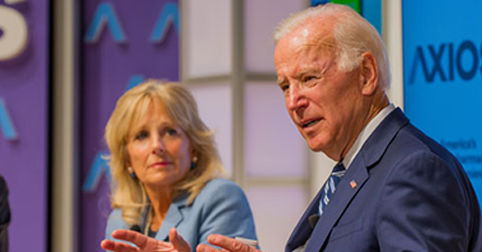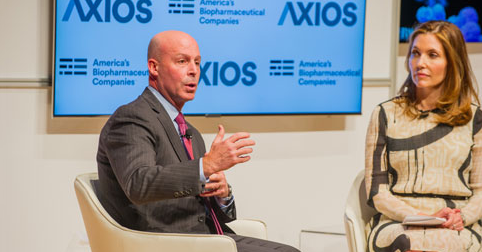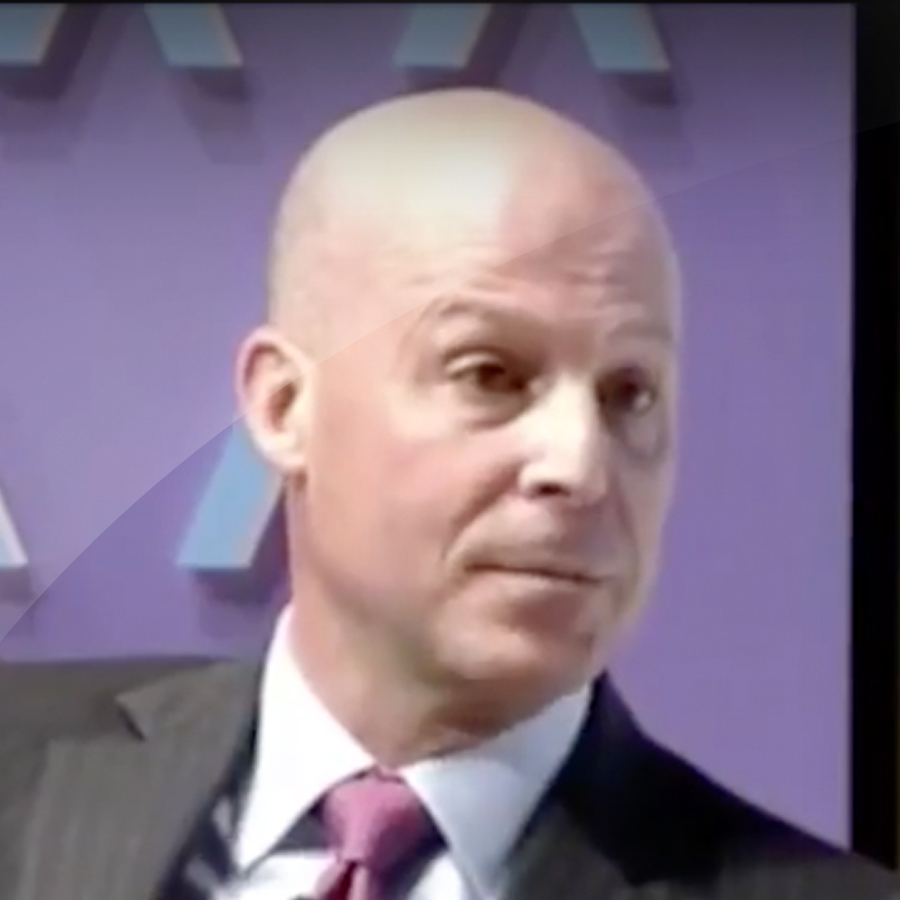
Change on the Horizon: The Future of Cancer Treatment
Millions of people around the world are impacted by cancer, a statistic that is empowering researchers, patients, advocates—the whole “ecosystem” of those affected—to come together to seek out and develop better treatments for better patient outcomes.
A resounding theme ran through the expert’s conversation – optimism. This optimism is not short-sighted, and is powered by a palpable shift in the approach to cancer care. Former Vice President Biden and Dr. Jill Biden were joined by cancer survivor and advocate Stefanie Joho, along with Dr. Elizabeth Jaffee of Johns Hopkins, Sean Parker of the Parker Institute for Cancer Immunotherapy and Mark Alles, chief executive officer at Celgene. Each brought with them their own personal experiences with this disease, and the unique lens through which they view cancer as a result.

Vice President Biden, as well as Dr. Elizabeth Jaffee, Professor of Oncology and Deputy Director of the Kimmel Cancer Center at Johns Hopkins, acknowledged the crucial importance of funding to support innovation in cancer care. While research and development comes at a cost, both Biden and Jaffee remain steadfast. “There’s a greater sense of urgency now, more than ever before,” says Biden.

This sense of urgency has motivated Sean Parker, entrepreneur and founder of the Parker Institute for Cancer Immunotherapy, to change the way research is conducted. Through his namesake institute, Parker brings together top cancer research institutions from around the country in the spirit of collaboration, inviting those researchers and scientists to share data and findings, and ultimately accelerating the impacts of research breakthroughs. The faster this happens, the faster the gap between scientific research and cancer medicine can be closed.
Revolutions in cancer care are also changing how biopharmaceutical companies view cancer as a disease. However, he doesn’t shy away from the long road ahead. “It’s easier to put someone on Mars, than it is to cure someone with cancer.”
Ultimately, this new era of cancer treatment, while not without its challenges, remains inspiring to many in the field. “We’re on the cusp of the day when you take your children to a physical, and they’re going to get vaccinated against specific cancers…there’s enormous change on the horizon,” says Alles.
We are now faced with the opportunity to work together on survivorship, as opposed to acute treatment.
Ready to Get Involved?
Make your voice heard to protect innovation.
